South Korea election results: divisive ‘scrappy fighter’ wins
Lee Jae-myung, a left-winger, said that ‘power should not to be used for the president’s personal interests’ as his opponent, Kim Moon-soo, concedes defeat.
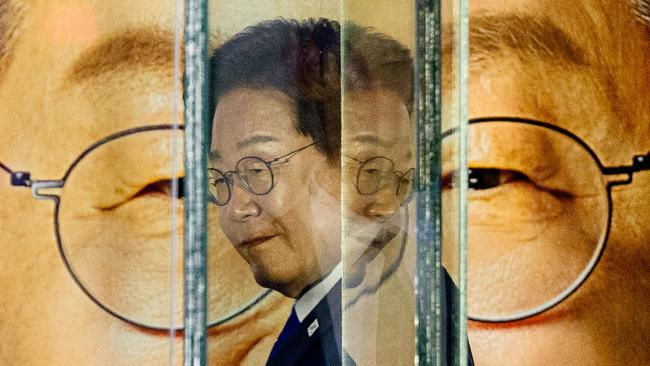
Every day, and with increasing intensity over the past week, Kim Se-eui and his staff have gathered in a basement studio in Seoul to dedicate themselves to the downfall and disgrace of South Korea’s next president. All day the team marshals film footage and jazzy graphics to create the nightly broadcast that Kim delivers live on YouTube.
From time to time it features scandals involving celebrity singers or actors. But as South Koreans prepared to vote in the presidential election, its focus shifted to the man heading towards overwhelming victory: Lee Jae-myung, the leader of the left-wing Democratic Party.
Claims of corruption, accusations of communist sympathies, allegations of sleazy behaviour by Lee’s son - all of it is contentious, much of it is unproven and some of it may be defamatory. Kim cheerfully owns up to having more than a hundred legal actions under way against him but shows no sign of relenting.
“This election is a huge decision that will determine the fate of Korea,” he said, shortly before going on air. “Lee Jae-myung is a very close friend of China, North Korea and Russia. This is very frightening. If Lee is not stopped, the future of Korea will be dark.” Every night the 70-minute programme is watched by anything from a few hundred thousand to a few million people who agree with him.
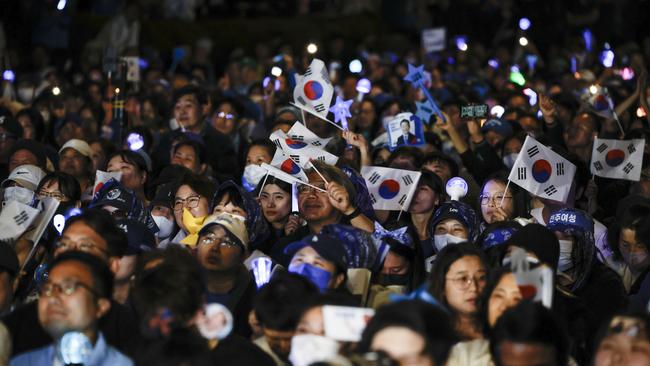

Despite these broadcasts, last night (Tuesday) Lee won a comprehensive victory, giving him a powerful mandate - and respite from the corruption charges that had threatened to end his political career. He was declared the winner after 98 per cent of the votes were counted, with polls giving Lee 49.2 per cent of the share, according to Yonhap news agency, compared with 41.5 per cent for his closest rival, Kim Moon-soo of the conservative People Power Party. Conceding defeat, Kim said that he “respectfully accepts the choice of the people”.
Lee told supporters: “We’ve proved that that power is not to be used for the president’s personal interests, but for the bright future of this country” - a reference to the martial law crisis that mired his rival party. The “first duty” voters had tasked his future government with, Lee said, was to “recover the democracy of the country”, with the second being to “restore” the nation’s faltering economy.
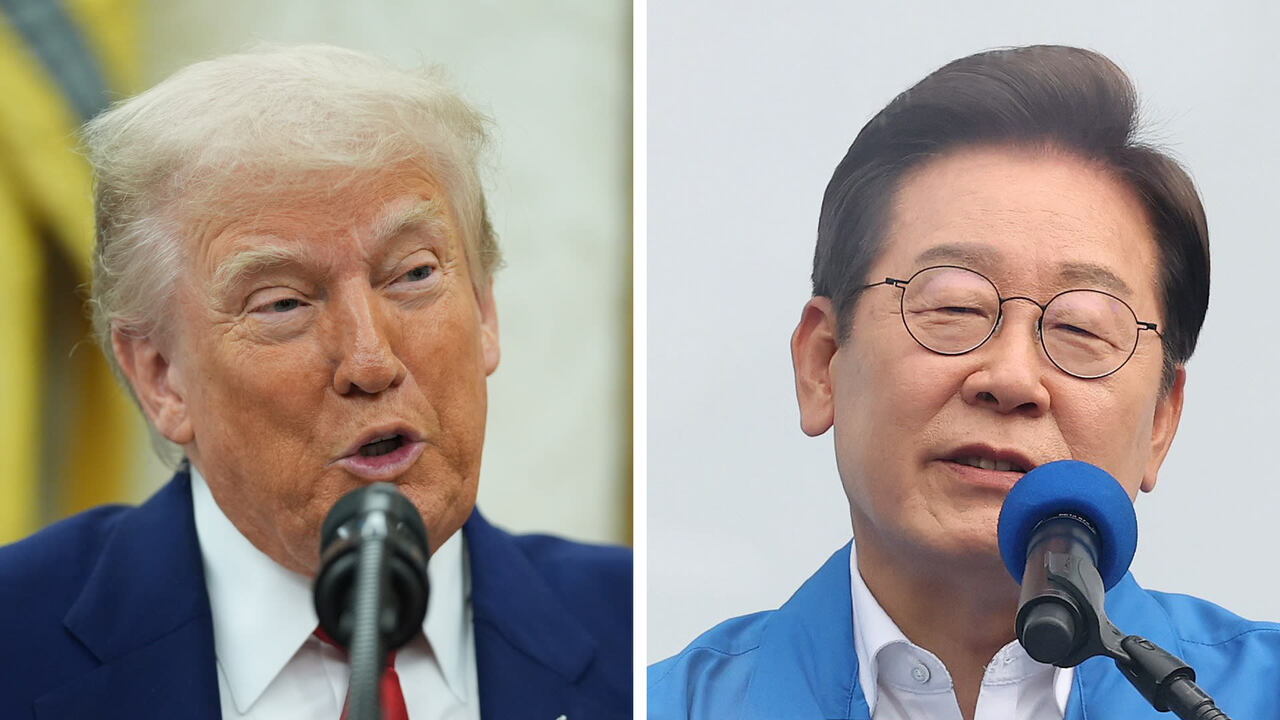
For all his popularity, a large minority of South Koreans oppose Lee with a vehemence bordering on hatred. He gives campaign speeches in a protective vest after being stabbed in the neck last year by one enraged citizen. This year at least two supporters of the man he will now replace, the impeached former president Yoon Suk-yeol, set themselves on fire in protest against what they saw as Lee’s persecution of Yoon.
South Korean politics has always been polarised between left and right and between regions of the country, but since December the divisions have become more bitter than ever. It was then that Yoon, after laws he proposed were repeatedly blocked by the opposition majority in parliament, took the extraordinary step of declaring martial law.
The debacle was a gift to Lee, who narrowly lost the 2022 election to Yoon. But, rather than allowing the consequences of Yoon’s self-destructive act to play themselves out, Lee and his party pursued him with a relentless aggression that struck many in Korea as excessive.

“Democracy requires some sort of consensus-based politics and ... I don’t think [Lee] is the man for that,” said Steven Denney, a Korea expert at Leiden University. “He’s not a consensus builder. He’s not a man of the centre. He’s a rough-and-tumble, scrappy fighter who is more likely to persecute those on the other side than he is to shake their hand.”
His doctrine of “Meoksanism”, which can roughly be translated as “bread-and-butter-ism”, prioritises practical issues such as jobs, housing and social welfare over abstract ideology. But to nervous members of the elite in a country with high levels of inequality, that has about it a whiff of class warfare.
Conscious of the accusations that he is pro-Pyongyang, Lee has tried to position the Democrats as what he calls a “centrist-conservative” party. There is no evidence he is a communist sympathiser, although, like all of South Korea’s previous left-leaning presidents, he is likely to seek engagement rather than confrontation with North Korea.
He has been polite but vague about President Trump; aides say he is still working out his approach to China. His greatest and most fundamental challenge may be the one closest to home, and the one that contradicts his instincts: how to soothe his enemies and restore a measure of unity to scared and angry South Koreans.
The Times

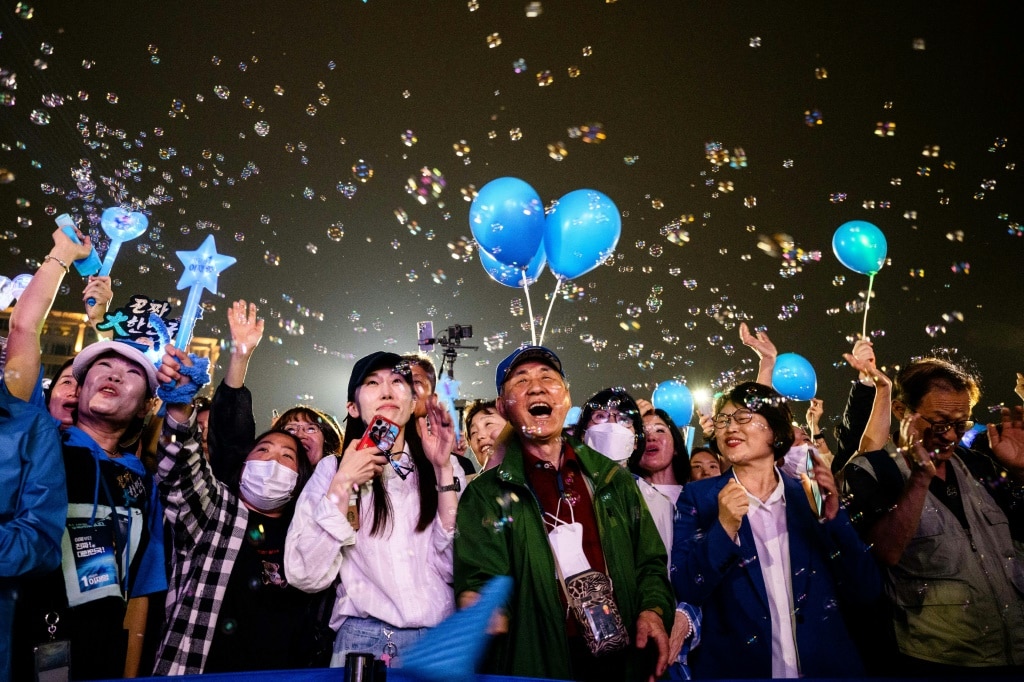

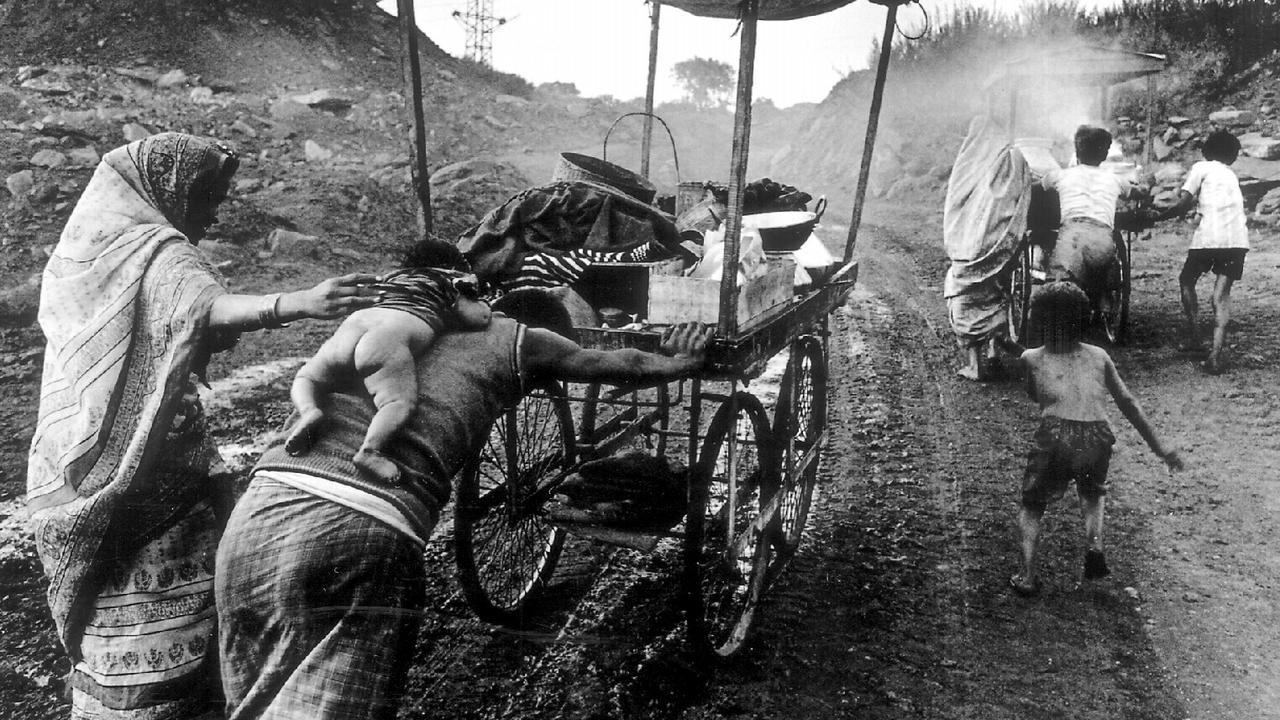
To join the conversation, please log in. Don't have an account? Register
Join the conversation, you are commenting as Logout